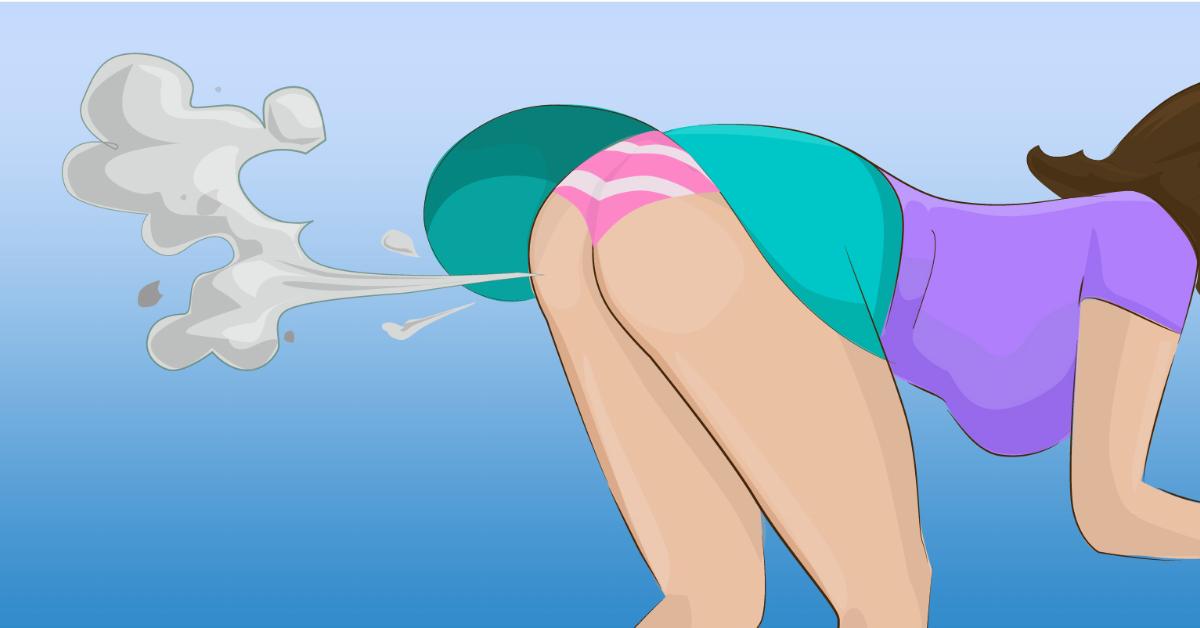12 FACTS ABOUT FARTING YOU PROBABLY DIDN’T KNOW

We feel annoyed when we find people doing regular bodily functions in public, like burping or hiccups. The most embarrassing and sometimes laughable is farting in public. Yes, people can judge you as mannerless if you fart in public.
However, there are many other facts related to farting. Here are 12 unknown facts about farting which might be surprising for you.
- Men are masters of farting. Not saying it in a funny way, but it is true that men tend to fart more as compared to women.
- The word "fart" was coined in 1962. Its meaning is the wind coming from the anus.
- A normal person actually farts 14 times in a day. You can keep watch on it.
- And yes, by farting 14 times a day, we actually blow the air which is enough to fill up a balloon.
- This is not something to be humiliated about as it implies that you are healthy. A sound digestive tract produces flatulates. If you are not flatulating at all, go to the doctor.
- Farts are comprised of hydrogen sulfide that reduces mitochondrial damage. Noticing a fart can be healthy, hence the next time you fart, take a good full breath and thank the person.
- Female farts tend to be stinkier as females have a higher concentration of hydrogen sulfide. Female farts are more unpleasant to smell.
- Farts travel as fast as 10 ft/sec.
- If you have a tight sphincter, you will produce louder farts as they have a little tighter area to pass through.
- Intake of soda and gum make you fart more. So, if you know someone who farts a lot and they drink a lot of soda or chew a lot of gum, there might be a connection.
- A large portion of farting happens at night when we sleep.
- Termites are creatures that produce the most farts. Camels, zebras, sheep, elephants, and dogs (especially labs and retrievers) follow next.
So, don’t feel embarrassed the next time you fart in public. It is natural and it indicates that you are a normal and healthy person.
Source: https://stayfitchallenge.club
DISCLAIMER: THIS WEBSITE DOES NOT PROVIDE MEDICAL ADVICE The information, including but not limited to, text, graphics, images and other material contained on this website are for informational purposes only. The purpose of this website is to promote broad consumer understanding and knowledge of various health topics. It is not intended to be a substitute for professional medical advice, diagnosis or treatment. Always seek the advice of your physician or other qualified health care provider with any questions you may have regarding a medical condition or treatment and before undertaking a new health care regimen, and never disregard professional medical advice or delay in seeking it because of something you have read on this website.
